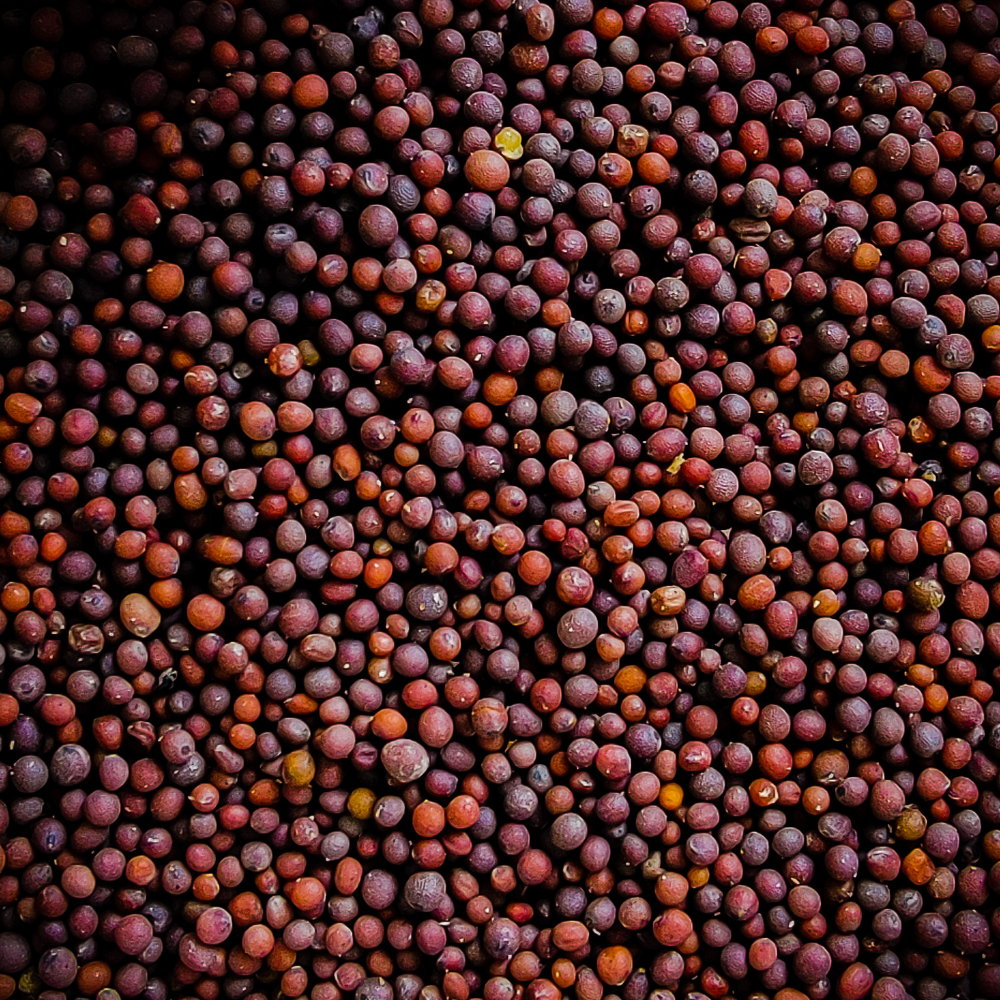What Are the Health Benefits of Mustard Seed?
Mustard is produced from crushed mustard seeds and is widely used as a condiment to add taste to many Asian and Mediterranean dishes. With an increasing focus on including natural ingredients in food and other industries, mustard is fast becoming a preferred component in the preparation of new products. Read on to know about some of its health benefits.
Where Do Mustard Seeds Come From?
Mustard belongs to the same family of nutrient-rich leafy vegetables as cabbage, broccoli, and kale, which are called cruciferous vegetables.
The seeds, as well as the leaves of this plant, have culinary value, and it’s known for its medicinal properties and pungent taste. Modern science has now started to recognize the various benefits that this plant offers.
Mustard Seed Nutrition Facts
There are many varieties of mustard that are all very rich in nutrients. Mustard seeds in particular are rich in several minerals such as copper, calcium, iron, magnesium, phosphorus, potassium, sodium, zinc, manganese, and selenium.
Mustard seeds are also a good source of several vitamins, including vitamins C and K, thiamin, riboflavin, vitamin B6, and folic acid. They have a high percentage of dietary fiber and are a valuable source of several bioactive compounds such as antioxidants and polyunsaturated fatty acids.
A 20-gram portion of mustard seeds contains:
- Fiber: 2.44 grams
- Protein: 5.22 grams
- Fat: 7.24 grams
- Vitamin C: 1.42 milligrams
- Vitamin K: 1.08 micrograms
- Thiamin: 0.16 milligrams
- Riboflavin: 0.05 milligrams
- Niacin: 0.95 milligrams
- Folate: 32.4 micrograms
- Calcium: 53.2 milligrams
- Iron: 1.84 milligrams
- Zinc: 1.22 milligrams
- Copper: 0.13 milligrams
- Magnesium: 74 milligrams
- Phosphorus: 165.6 milligrams
- Potassium: 147.6 milligrams
- Sodium: 2.6 milligrams
- Manganese: 0.49 milligrams
- Selenium: 41.6 micrograms
Health Benefits of Mustard
Mustard is typically served in small quantities due to its strong, pungent flavor.
Being a part of the cruciferous family, it’s rich in antioxidants and glucosinolates, a group of compounds that contain sulfur. There are also other chemicals such as isothiocyanates and sinigrin that are derived from glucosinolates and have specific health benefits.

















Reviews
There are no reviews yet.